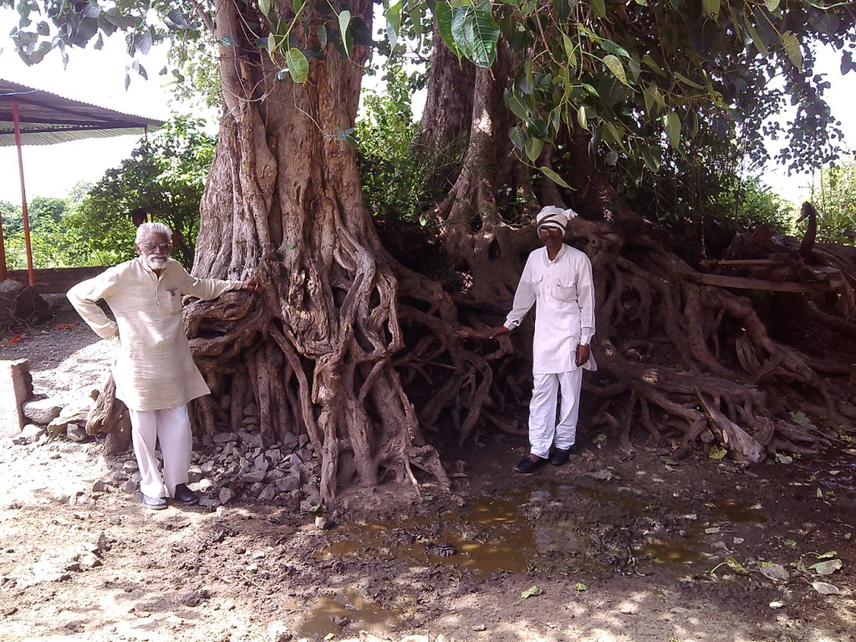Nilesh Heda
Other projects
Project aims to conserve wetland ecosystems and fish fauna through holistic, ecosystem approach and to generate sustainable livelihood for fishermen and labourers.

Adan, Arunavati, Bembla, and Kapasi river basins are the part of North-Eastern Godavari basin in Central India. These basins are poorly explored basins of Peninsular India and under severe threats due to widespread ecological destructions.
The main reasons behind this ecological meltdown are habitat destruction, pollution, over use of resources, invasive species and encroachments. Immediate negative effect of this erosion is on ecosystem people like fishermen, labours and farmers. We believe that, for the conservation of natural resources including wetlands and sustainable livelihood of dependent people holistic ecosystem approach is an important approach. The movement of whole river basin management is essential where we have to consider various anthropological, ecological, economic, educational, cultural, political approaches to save natural resources and to ensure sustainable livelihood.
Present project will strengthen and extend activities/processes started during previous RSGs. Conservation of Riverine resource through people’s participation and to link conservation with livelihood generation are main goals of project. Main objectives of present initiative are to conserve riverine resources, fish fauna through holistic ecosystem approach and to generate sustainable livelihood for fishermen and labourers. To achieve these objectives, we are focusing our attention on wide spread eco-restoration in the basin area. To do eco-restoration in the basin area, we are harnessing potential of Mahatma Gandhi National Rural Employment Guaranty Act 2005 (MGNREGA 2005). Diverse activities in this project, includes rejuvenation of local traditional decision making and conflict resolution systems, their capacity building, data generation on basin level, awareness creation, deployment of students power, eco-restoration in basin area, livelihood generation for local people through MNREGA, aquaculture of local fishes, sustainable agriculture promotion, incorporation of learning into education and establishment of Fresh Water Protected Areas (FPAs). Continuation grant will focus on incorporation of results of previous RSGs in education and advocacy of conservation and livelihood issues.
The project will be run through an NGO, SAMVARDHAN, established during previous RSGs. The main goal of SAMVARDHAN is to work for conservation of natural resources, to promote its sustainable use and equitable sharing of benefits through people’s participation and holistic ecosystem approach. SAMVARDHAN is mandated to create such a society where development will be calculated by amount and quality of surrounding natural wealth, where every species, every ecosystem and every diverse human groups will live together in harmony with nature, where the most neglected member of society will have equal opportunity in decision making and in securing employment and resources.